Recent cases of locally transmitted malaria in the United States serve as a stark reminder of the impact of climate change on disease prevalence. While malaria resurfaced in the U.S., it has consistently plagued Africa, causing illness and death on a massive scale.
Funmilayo Kotun, a 66-year-old from Makoko, Nigeria, faces the daily threat of malaria due to the area’s stagnant waters, which are breeding grounds for mosquitoes. Kotun, unable to afford protective bed nets or treatment, represents many in similar situations across Africa.
MALARIA IN AFRICA
- Prevalence: Malaria remains a significant health concern, primarily affecting children under 5 and pregnant women.
- Vaccination: Cameroon introduced a new malaria vaccine with limited effectiveness, and a second one has been approved.
- Challenges: Resistance to antimalarial drugs and insecticides is growing, while funding for innovative solutions is dwindling. Poor living conditions exacerbate the problem, and the emergence of an invasive mosquito species adds to the concerns.
GLOBAL IMPACT
- Increase in Cases: Global malaria cases rose from 233 million in 2019 to 249 million in 2022.
- Deaths: Malaria-related deaths increased to 608,000 in 2022, with 80% of deaths in Africa occurring in children under 5.
COVID-19 SETBACKS
The COVID-19 pandemic disrupted malaria control efforts, reversing progress made in diagnostics, vaccines, and insecticide-resistant bed nets. Lockdowns led to health service disruptions, causing malaria cases to spike after a decreasing trend from 2000 to 2019[4].
CLIMATE CHANGE CHALLENGES
- Climate Impact: Africa’s vulnerability to climate change intensifies malaria challenges. Extreme weather events hinder malaria control efforts.
- New Territories: Areas previously unsuitable for mosquitoes are now at risk due to climate change. Zimbabwe has experienced extended malaria transmission periods attributed to climate change.

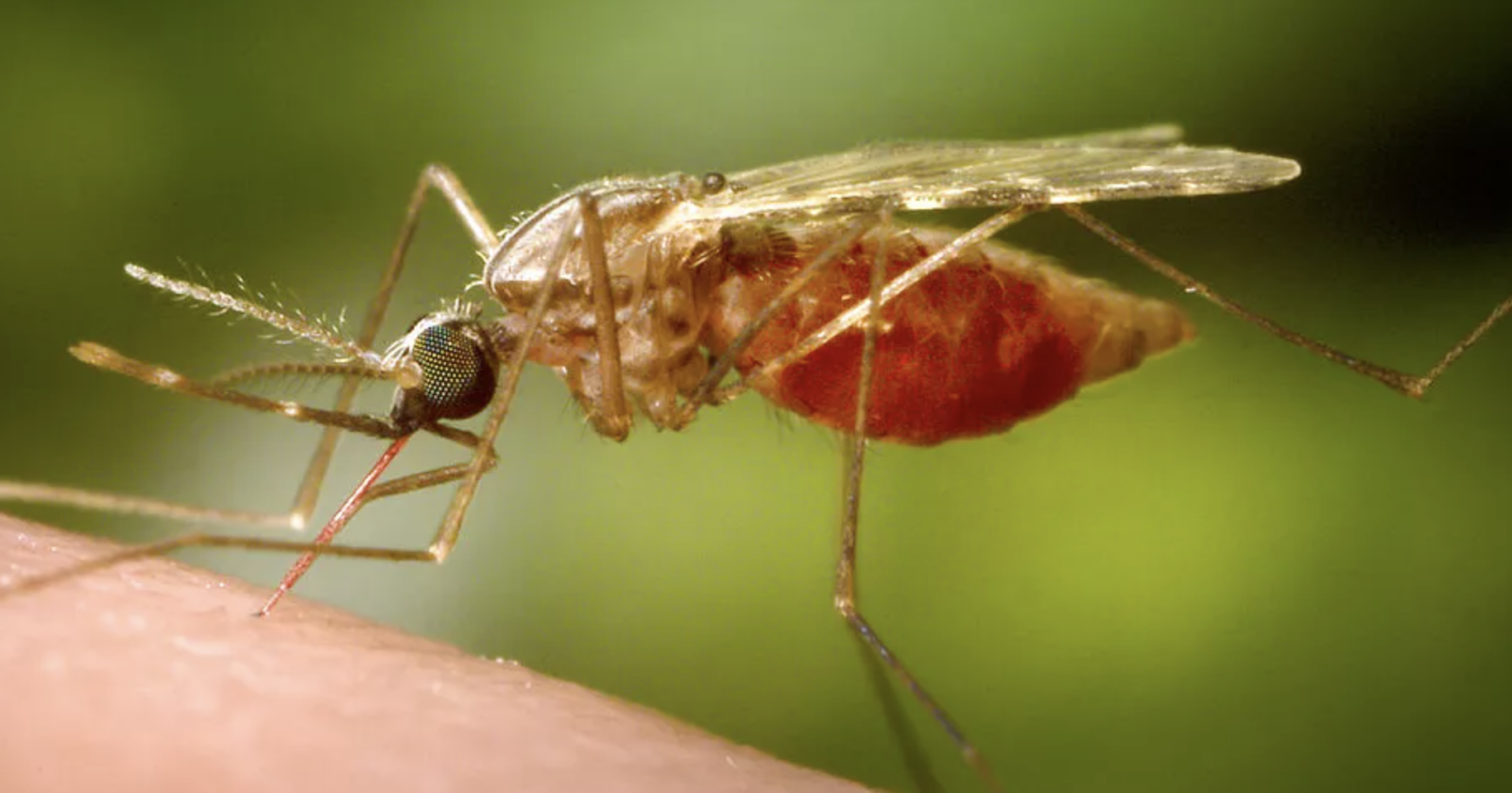





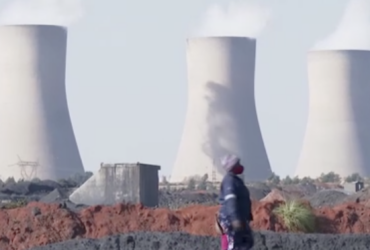
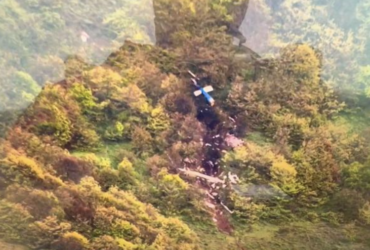

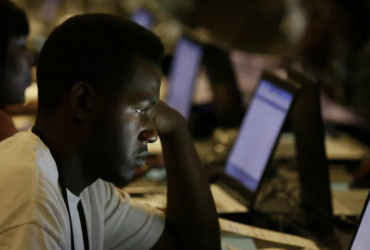
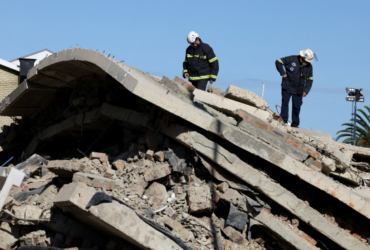

Got a Questions?
Find us on Socials or Contact us and we’ll get back to you as soon as possible.